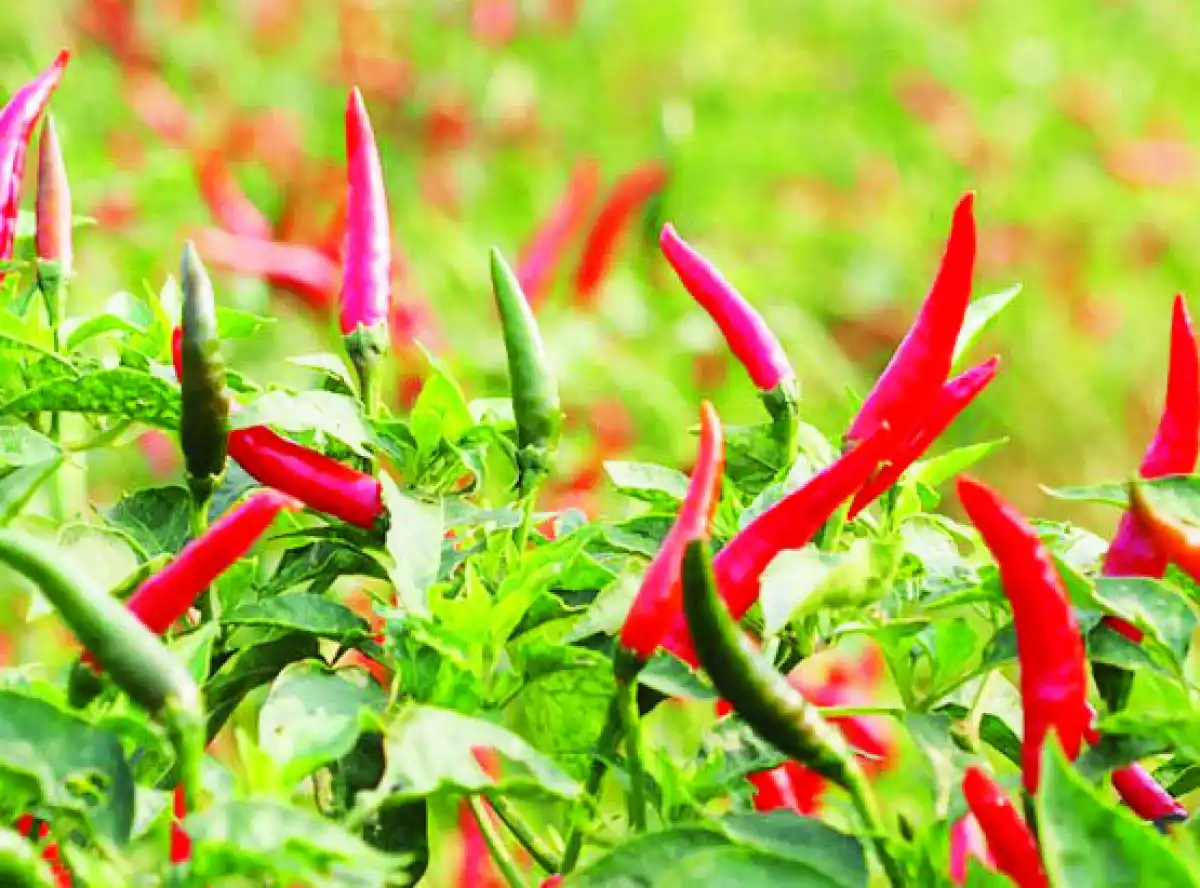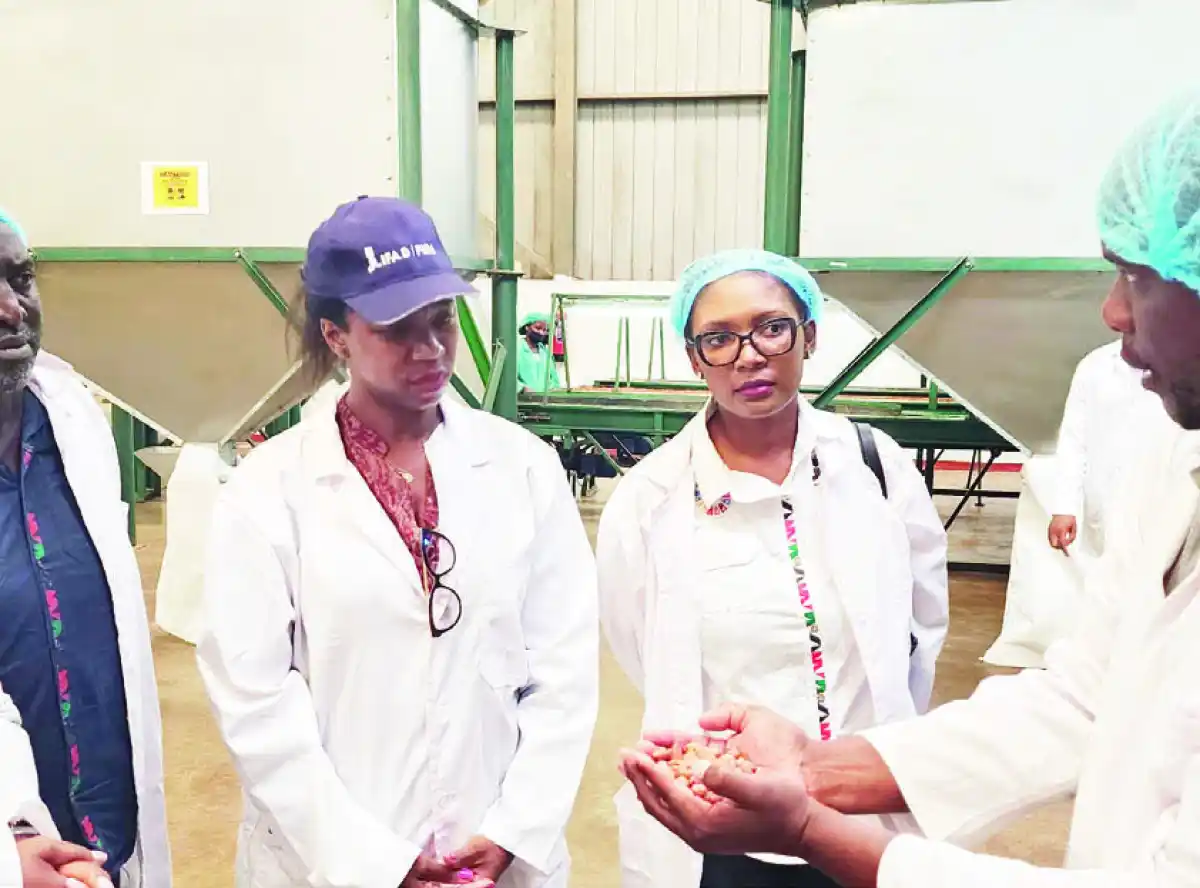
By Kingsley Jassi:
The country’s export potential, especially in the agriculture sector, is being weighed down by slow value chain development in key potential industries, experts have indicated.
In the first six months of the year, the country earned just about $256.6 million (K449 billion) from exports, against imports worth $1.4 billion (K2.56 billion), according to National Statistical Office (NSO) figures.
The weak export base has been attributed to lack of market systems in key and potential industries despite commodities such as legumes and pulses having high potential.
While focus is on smallholder producers with no major value chain investments, most agriculture industry players do not have strong market systems that can push volumes in exports, the experts worry.
Mwapata Institute, a research institute and agricultural think-tank, says Malawi needs to work on diversifying its exports base.
Mwapata Institute Executive Director William Chadza said structures in the tobacco industry need to be replicated in other sectors in order to build strong value chains for increased exports.
“Key challenge has been the slow pace in developing the other value chains. Structured markets are almost nonexistent for these alternative value chains.
“Look at legumes and oil seeds: they still suffer low policy and institutional attention. Moreover, little exists in terms of research, extension and value addition to support these value chains,” Chadza said.
In 2023, tobacco accounted for over 60 percent of total goods exports that were just under $1 billion.
The commodity started strongly in the first six months of the year, raking in $82 million in total exports, considerably higher than the levels in the last three years which have all seen more volumes being shipped in the second half of the year, when tobacco from the auction floors is all processed for exports.
Agricultural policy expert Tamani Nkhono said tobacco will continue to dominate the country’s export base because of the properly structured market that has growers, transporters and buyers linked to create market stability and predictability.
He further said the banks and extension service providers all form the strong support system with a regulatory body holding the industry together, hence it continues to be strong and contributing more to the country’s economy unlike all other industries.
“One thing that has to be noted is that the value chain of tobacco is very well developed and there are established buyers that offer the market at the end of the day.
“If you look at tobacco, the regulatory framework is very strong and the buyers are many, that is not the case with these other value chains,” Nkhono said.
The National Export Strategy, which is implemented until the next year, targets developing a diversified export base that increases the value.
Meanwhile, tea also started strongly in the first half of the year, with exports raking in $41 million (about K72 billion) while sugar, cotton and other commodities had very negligible figures.
This worries experts, who say overdependence on tobacco poses a risk in case of any shocks in the industry, currently struggling to grow owing to anti-smoking laws and policies in key markets.
The cotton industry players feel there is high potential in the commodity to become another important export commodity if all systems were put in place to increase productivity and volumes.
Mapeto DWSM Limited General Manager Martin Mpata challenged that there is unlimited opportunities for exportation of apparel. However, his company has not been exploring them due to lack of feedstock in the country, forcing the company to import raw materials from the Middle East.
In a recent interview, Minister of Industry and Trade Sosten Gwengwe admitted that Malawi needs to work on productivity to increase volumes if exports were to match imports and address the growing trade balance.








0 Comments